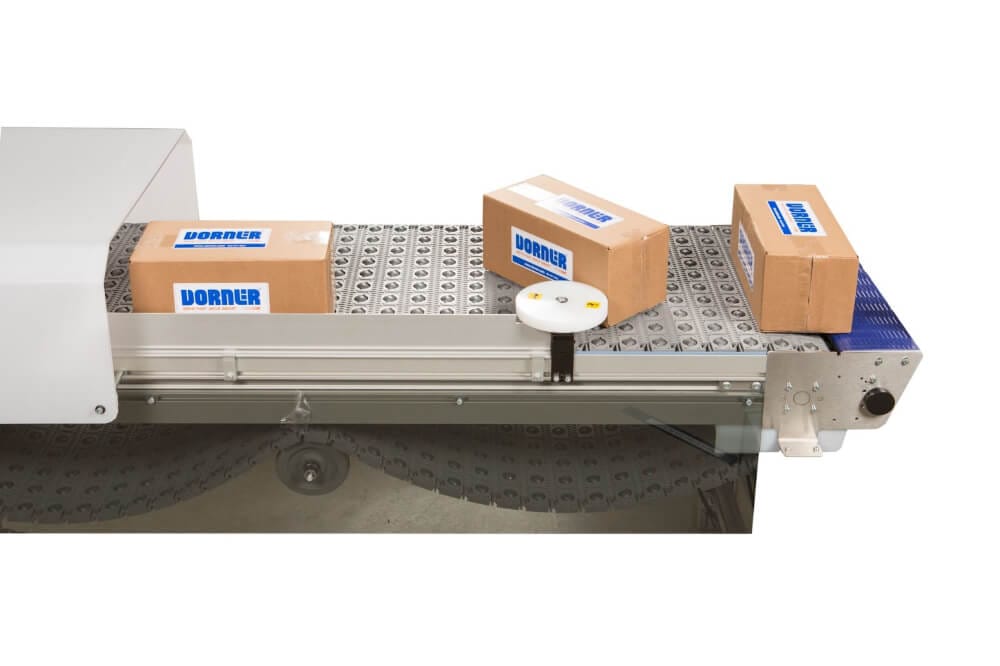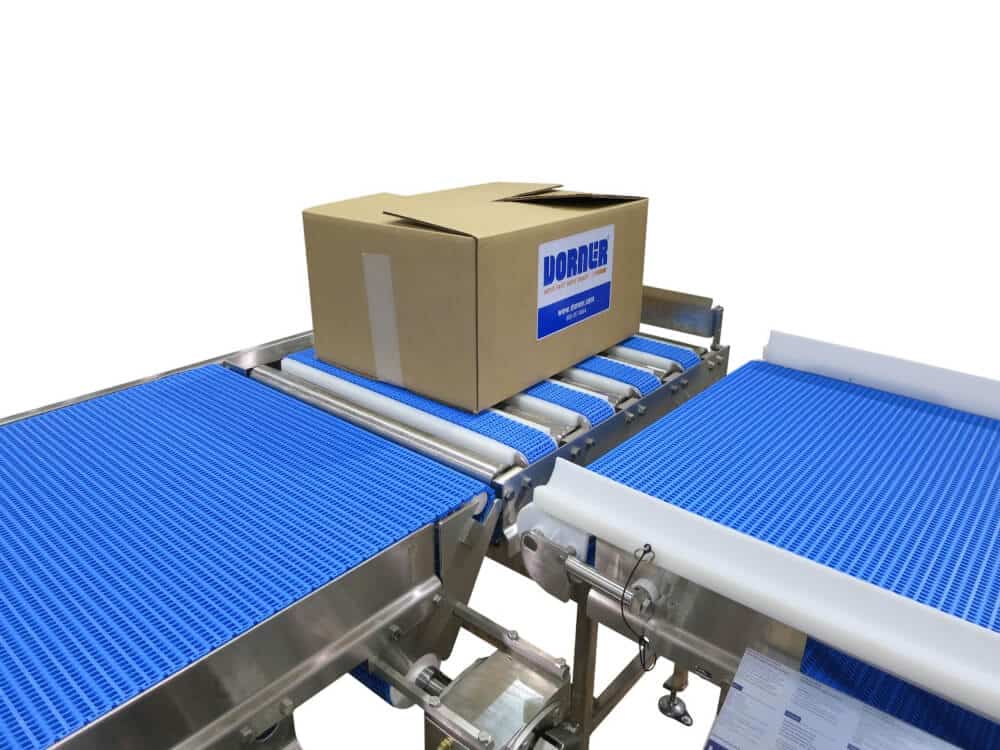Engineered Solutions
Warehouse Automation
Modern warehouse automation began with the integration of conveyor belt systems. In the time since those innovations, conveyors have played a major role in facilitating the efficient, accurate automation of warehouse operations across applications and industries.
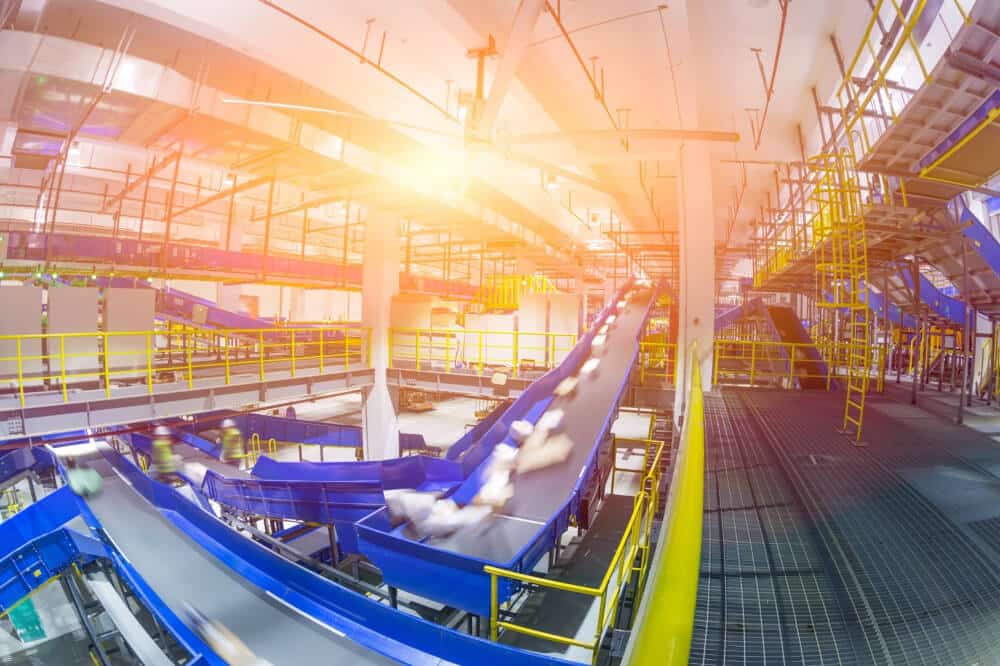
What Is Warehouse Automation?
Types of Warehouse Automation
There are many ways to automate a warehouse, but they can generally be categorized as process automation or physical automation.
- Goods-to-Person (GTP) fulfillment systems
- Automatic Guided Vehicles (AGVs)
- Autonomous Mobile Robots (AMRs)
- Automated sortation systems
- Automated storage and retrieval systems
- Pick-to-light systems
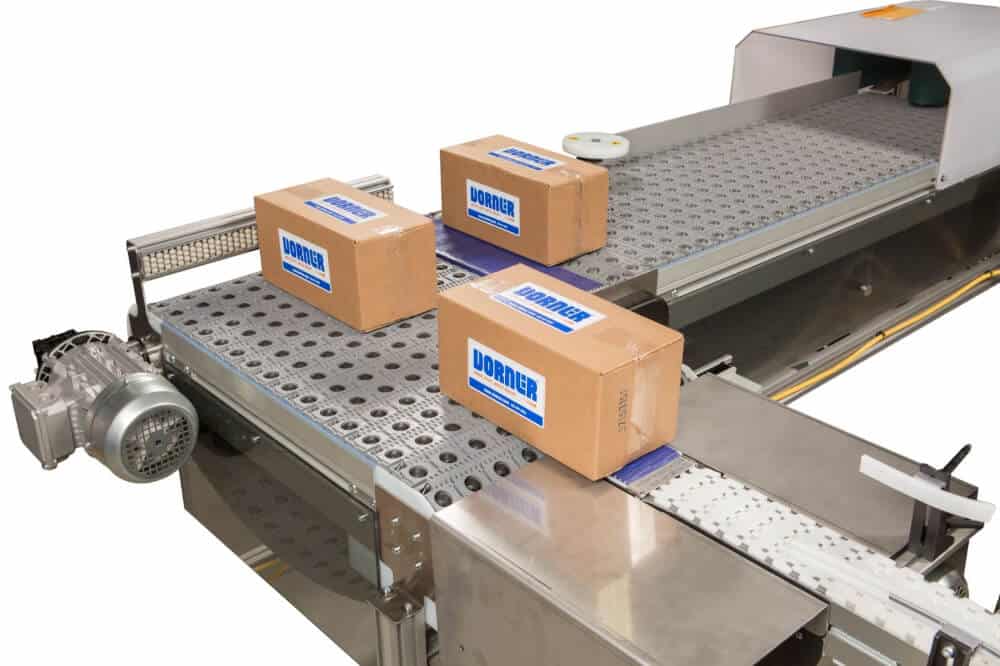
Warehouse of the Future: Trends in Automation
The rapid adoption of automation in warehouses is largely due to a number of persistent trends in the industry. When we consider the future of warehousing, some of the forces driving automation trends include:
- Increasing demand for fulfillment and expedient distribution
- Ongoing labor shortages
- Growth-limiting supply chain issues
Warehouse Technology
- Automated conveyor systems
- Collaborative robots
- Internet of Things (IoT)
- Inventory management systems
- Fleet management systems
- Predictive and proactive maintenance systems
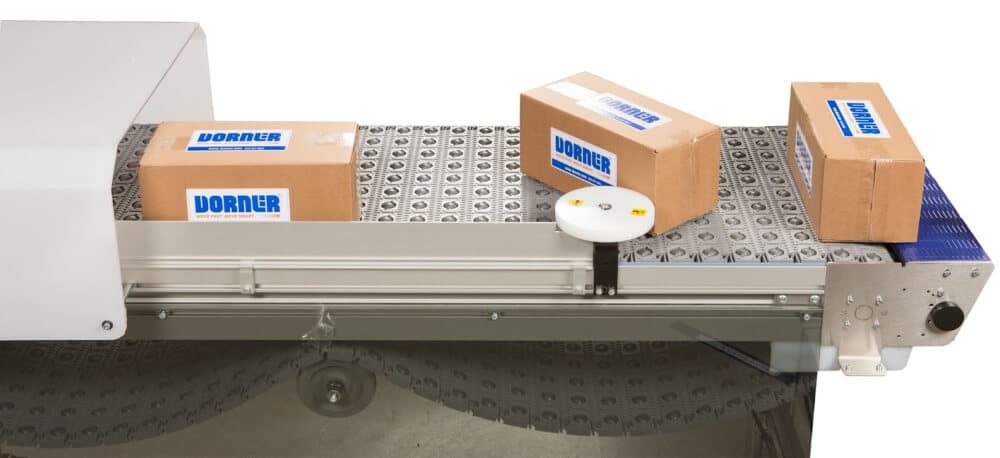
Automated Conveyor Systems

Warehouse Automation Benefits
The many benefits of warehouse automation include the following.
Enhanced Productivity & Efficiency
Improved Worker Safety & Satisfaction
Reduced Error & Inaccuracy
Better Customer Relations
Optimized Use of Space
Conveyor Belt Automation Applications
if you are automating your warehouse, integrating conveyor belt systems will be critical for a majority of applications. The use of a Dorner conveyor will make it easier to automate your processes and facilitate a more efficient and cost-effective warehouse.
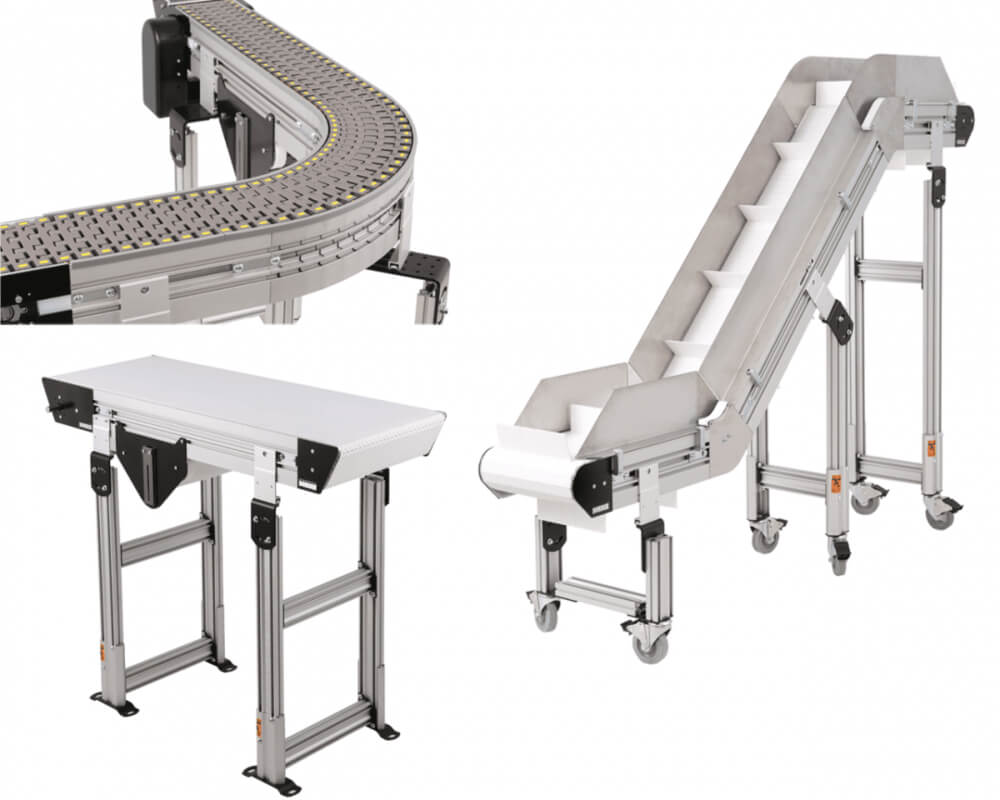
Warehousing Management Systems
An effective warehouse management system (WMS) promotes the most efficient and cost-effective operations within a warehouse. Combined with a main line conveyor like our 3200 series or DCMove series, automating processes like accumulation, parts handling, positioning, packaging, and more is a simple task.
Automation of Inventory Management Process
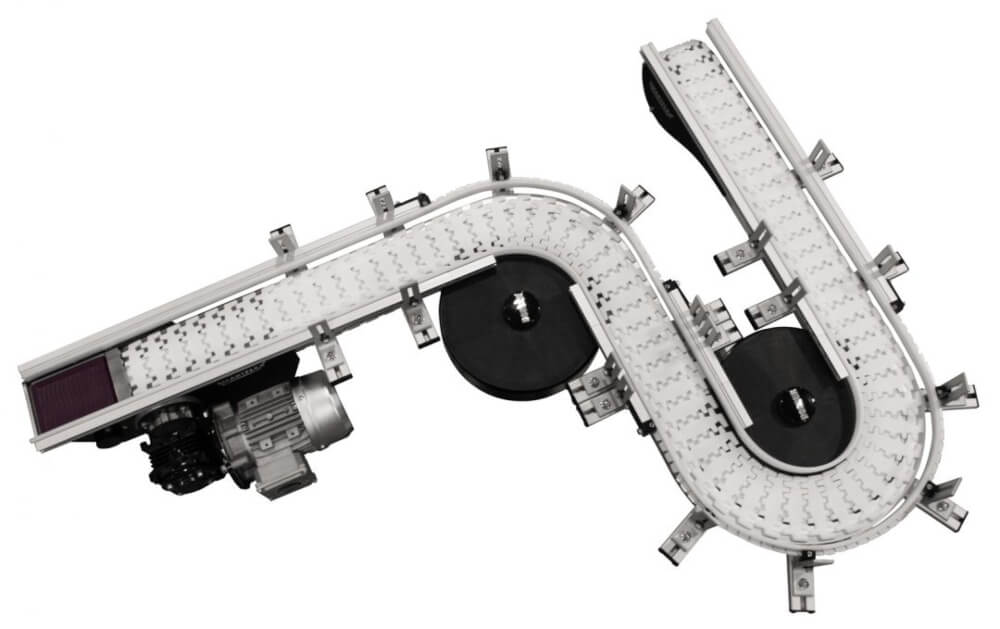
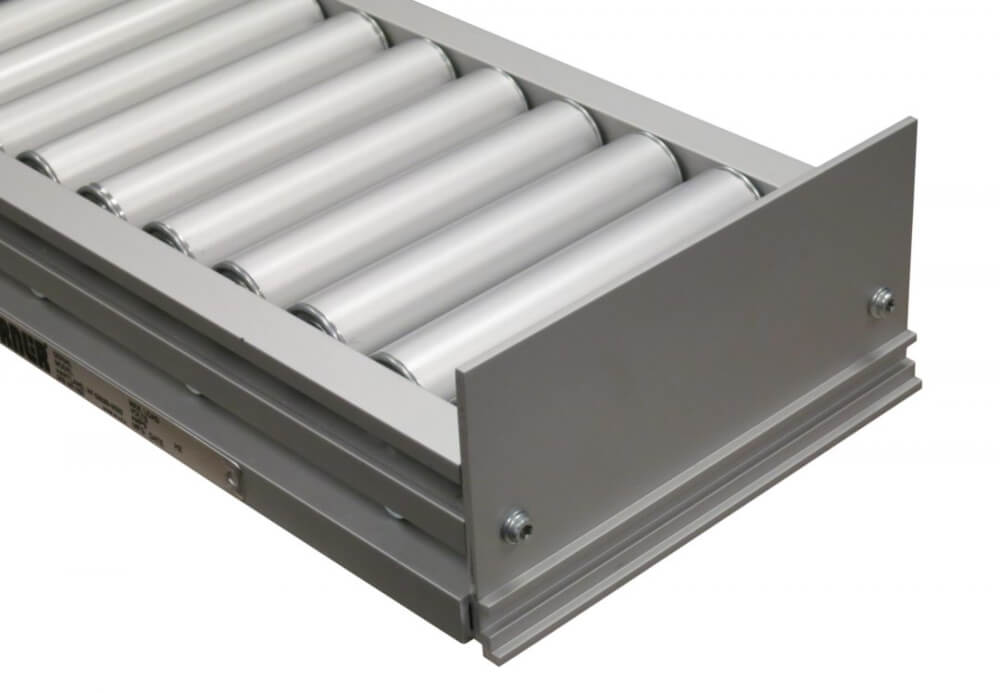
Logistics Automation System
Warehouse Sorting Systems
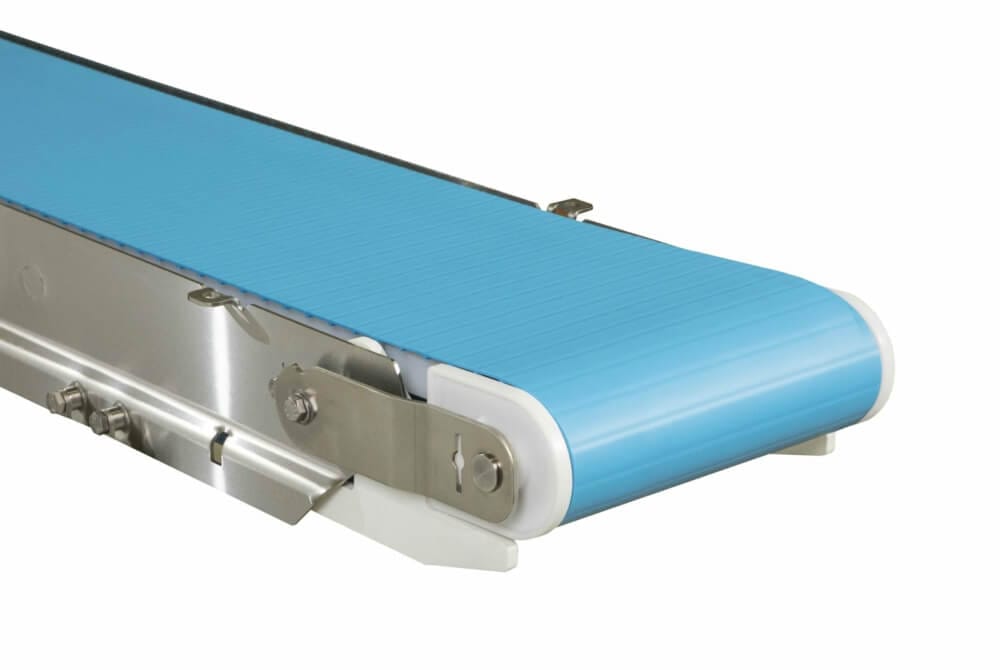
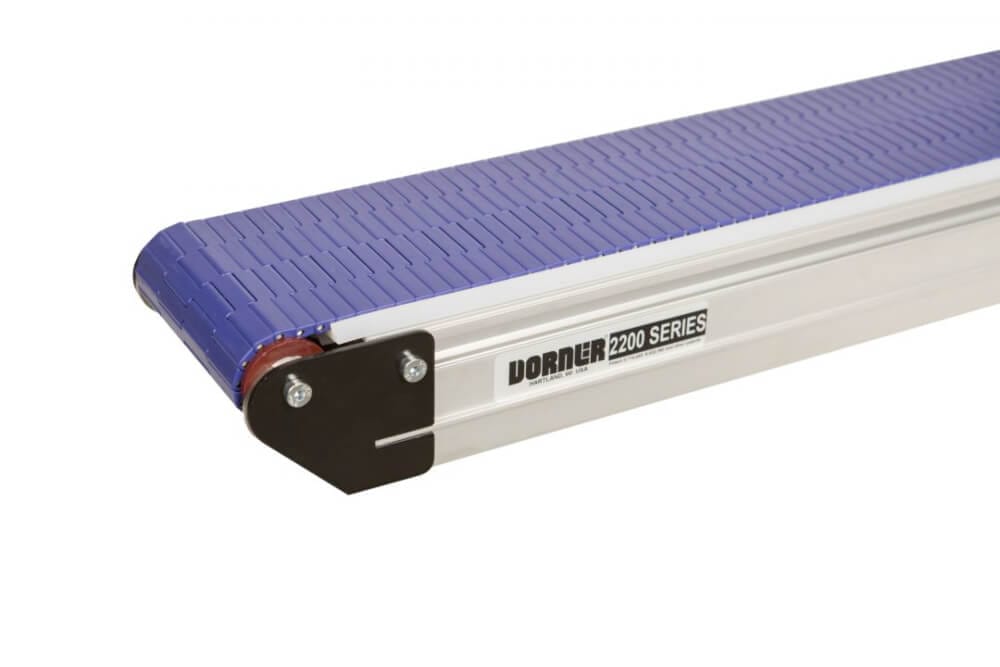
Automated Warehouse Picking System
Automated Packaging Systems
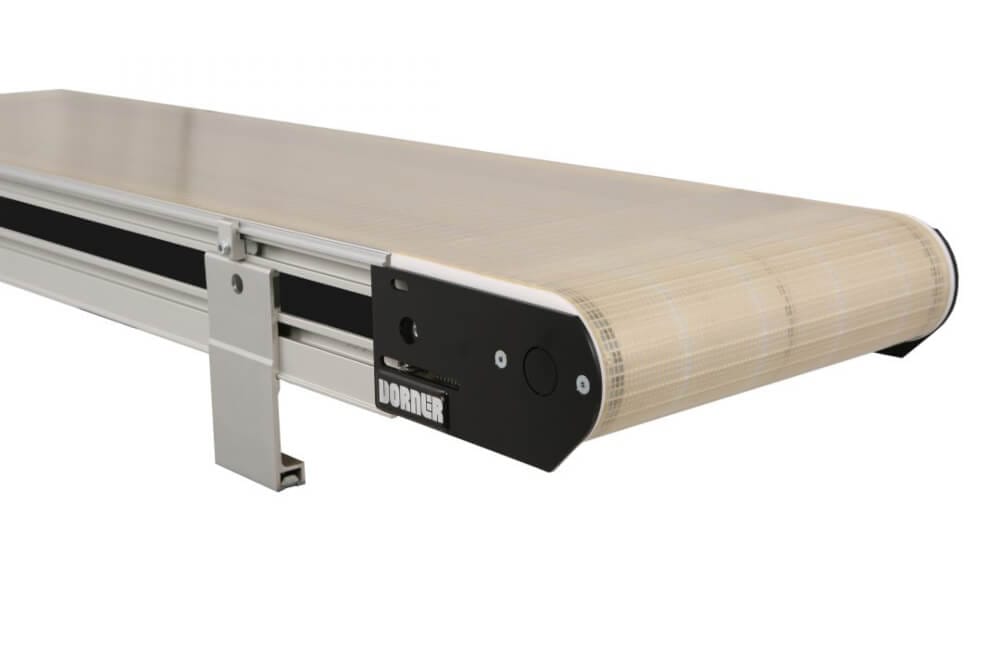
Automated Warehouse Solutions For Distribution & Fulfillment
Automated Distribution Center
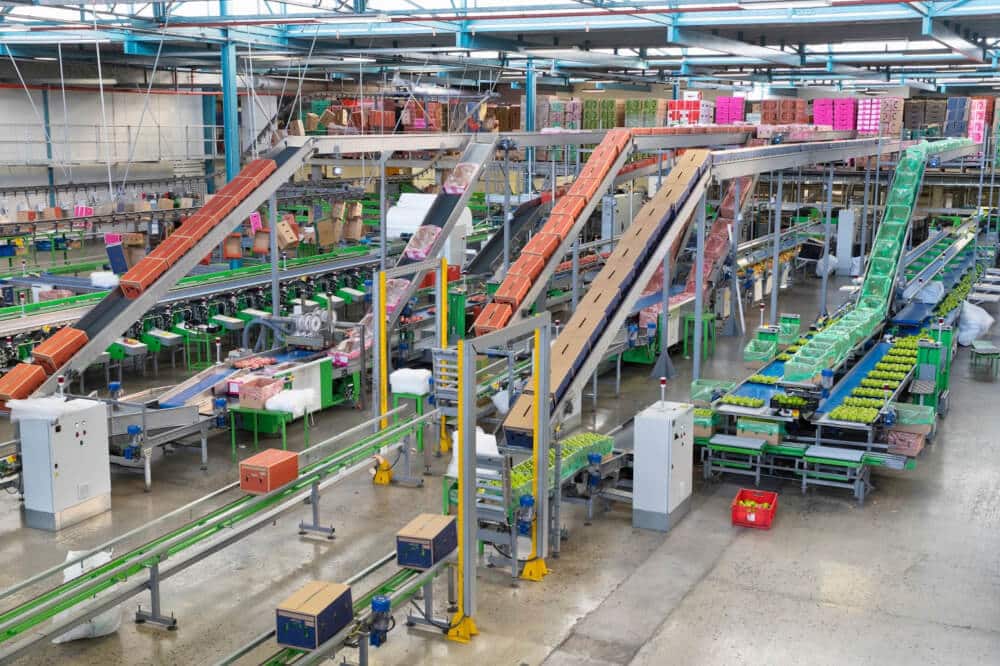
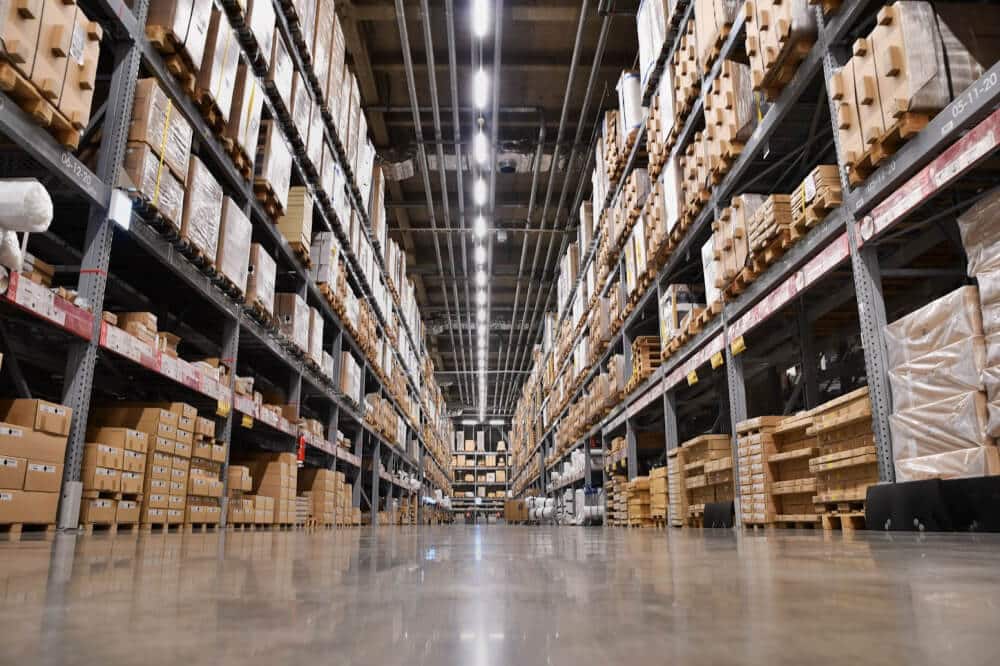
Automated Fulfillment Systems
Frequently Asked Questions About Elevation Conveyors
Looking for conveyor automation solutions? Contact us for a quote today.



